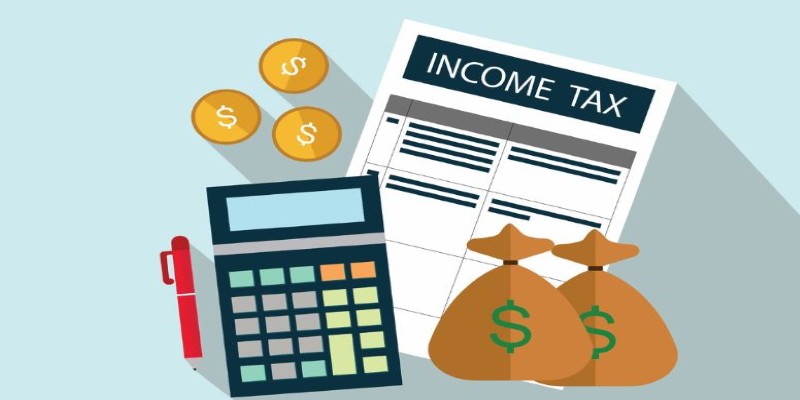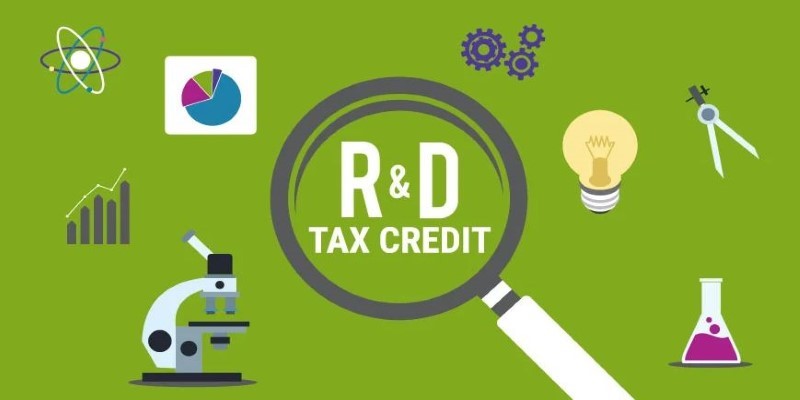Running a small business isn’t just about serving customers and growing profits—it also means handling taxes. Figuring out how much you owe isn’t always simple, as tax rates vary based on business structure, income, and location. From federal income taxes to self-employment taxes, every small business owner faces obligations that can impact the bottom line.
Ignoring tax responsibilities can lead to penalties, while proper planning helps keep your business financially healthy. Understanding what you owe and when to pay ensures you are compliant and reduces surprises. Let's simplify small business taxes so that you can be in the know for your financial game.
Types of Taxes for Small Businesses
One of the first things you need to understand about taxes for small businesses is that there are several types. These taxes will vary based on your business structure, the size of your operation, and where your business is located. Here are the primary taxes that most small business owners face:
Income Taxes

Small businesses pay federal income tax, and most states also have their own. The amount to be paid relies on business income and type. Sole proprietors and LLCs report their income on individual tax returns, but corporations have separate filings. Sound tax planning helps you comply without added penalties and manage cash flow effectively throughout the year.
Self-Employment Taxes
If you operate your business as a partnership or sole proprietorship, you're self-employed. That means you have to pay self-employment taxes, which fund Social Security and Medicare. The self-employment tax rate is 15.3%. Although your business doesn't withhold these taxes from you, you have to pay them yourself in the form of estimated quarterly tax payments.
Sales Taxes
If your small business is selling tangible products or specific services, you might need to charge sales tax to customers. Sales tax rates differ by state, and cities or counties might have local taxes in some areas. Sales tax is usually collected at the time of sale and then paid to the state or local government.
Employment Taxes
If your small business has employees, you will also need to handle payroll taxes. This includes withholding federal income taxes, Social Security, and Medicare taxes from your employee's wages. Additionally, you'll be responsible for paying the employer's portion of Social Security and Medicare taxes. You may also need to pay state unemployment taxes and other local payroll taxes, depending on where your business is based.
How Much Should Small Business Owners Expect to Pay in Taxes?
The amount of taxes a small business owner will pay depends on factors like income, business structure, and location. For example, sole proprietors and partnerships report business income on their tax returns, which can lead to higher tax rates based on overall income. Corporations, however, are taxed separately, which may provide more opportunities for tax deductions.
Here’s a breakdown of what small business owners can expect:
Income Taxes: Federal income tax rates range from 10% to 37%, depending on income and structure. States also impose their taxes, typically between 1% and 13%.
Self-Employment Taxes: Self-employed individuals pay a 15.3% self-employment tax on net earnings but can deduct half of this amount when filing taxes.
Sales Taxes: Sales tax varies by state, typically between 4% and 10%. Some areas may require collection for both state and local sales tax.
Employment Taxes: For businesses with employees, the employer contributes 7.65% for Social Security and Medicare taxes, matching the amount employees contribute.
These rates serve as general guidelines, but actual tax obligations depend on income, business structure, and location. Keeping detailed records of your earnings, expenses, and potential deductions is essential for accurate tax filing.
Managing and Minimizing Your Small Business Taxes
While paying taxes is inevitable, there are strategies that small business owners can use to minimize their tax burden and ensure they’re not paying more than necessary. Here are some tips to help you manage your taxes effectively:
Take Advantage of Deductions
There are numerous tax deductions available to small business owners. Common deductions include business expenses such as office supplies, travel costs, and home office expenses. By keeping detailed records of all your business expenses, you can ensure you’re maximizing your deductions and lowering your taxable income.
Separate Personal and Business Finances

One of the most important things a small business owner can do is keep personal and business finances separate. By opening a dedicated business bank account and credit card, you can avoid confusion when tracking income and expenses. This separation also makes it easier to claim deductions and avoid issues with the IRS.
Consider Hiring an Accountant
Taxes for small businesses can be complicated, especially as your business grows. Hiring a professional accountant can help you navigate tax laws and ensure that your taxes are filed correctly. An accountant can also offer valuable advice on tax strategies and help you avoid costly mistakes.
Make Estimated Tax Payments
Unlike salaried employees, small business owners are required to make estimated tax payments throughout the year. These quarterly payments are based on your expected income for the year and help you avoid underpayment penalties. Make sure you stay on top of these payments to keep your business in good standing with the IRS.
Conclusion
In conclusion, taxes for small businesses can be complex, but with proper planning, they are manageable. Understanding the types of taxes you'll encounter, such as income, self-employment, sales, and employment taxes, is essential for staying compliant. By keeping accurate records, utilizing available deductions, and making timely estimated tax payments, you can minimize your tax burden. Hiring a professional accountant can also help navigate the intricacies of business taxes. Staying informed and proactive will ensure your small business remains financially healthy and ready to grow, allowing you to focus on success without being overwhelmed by tax obligations.












